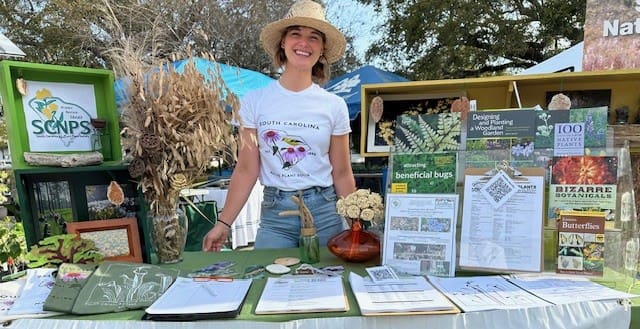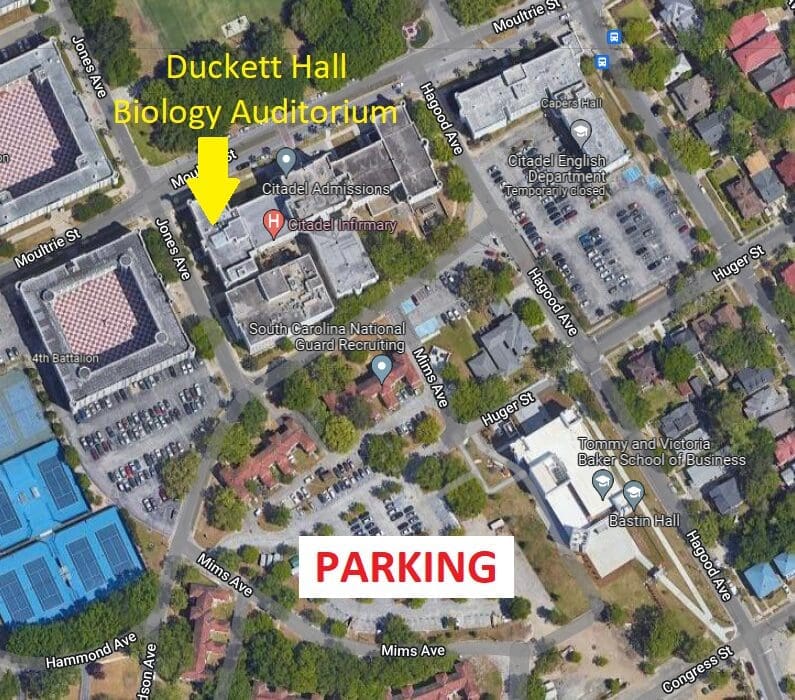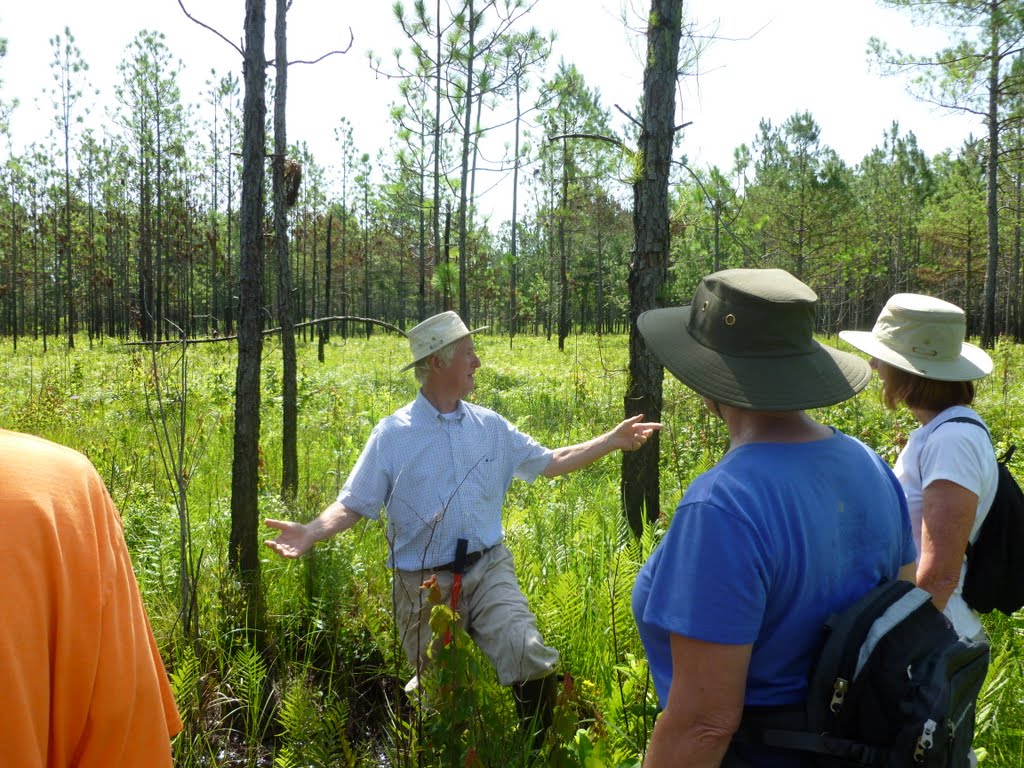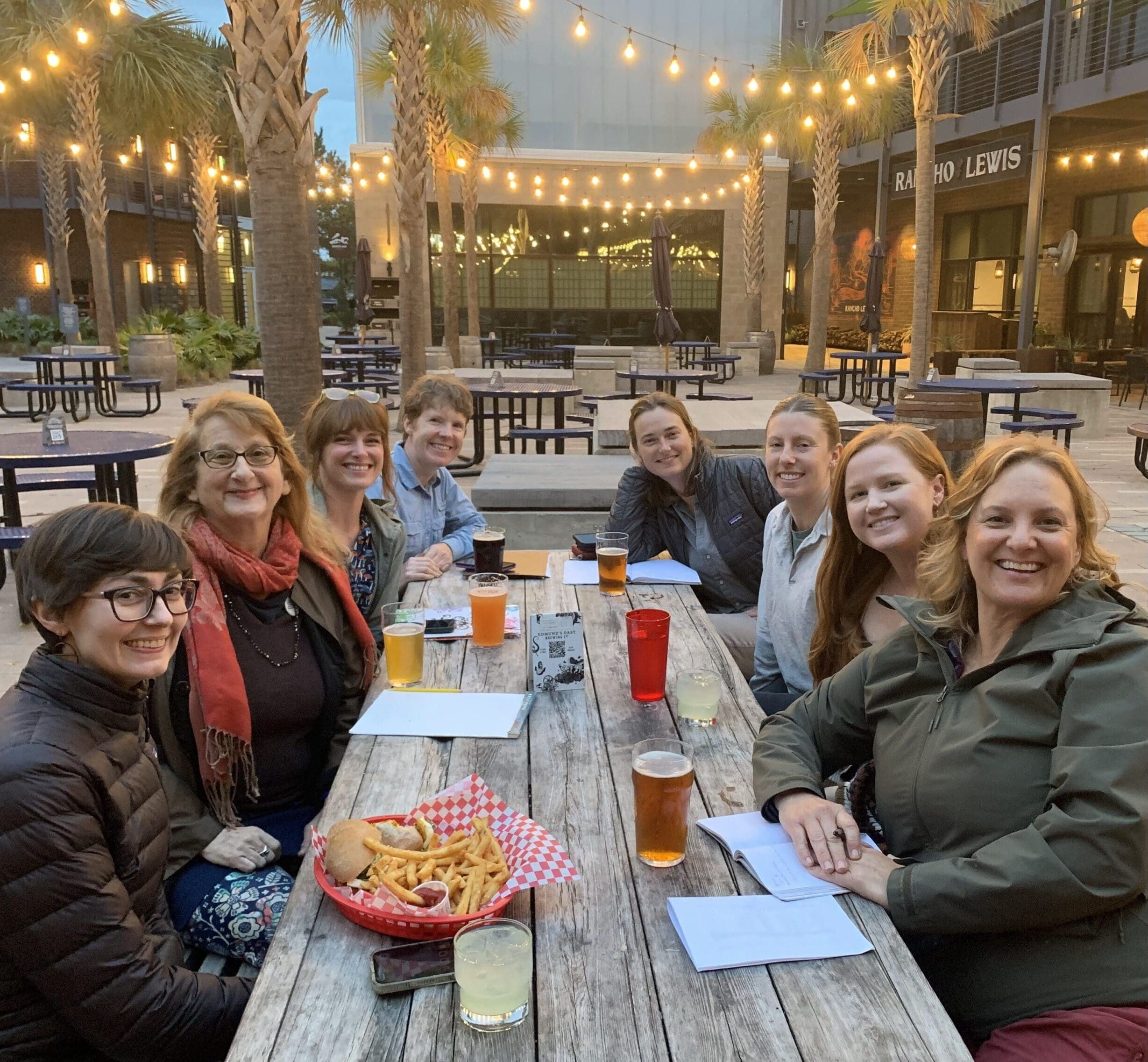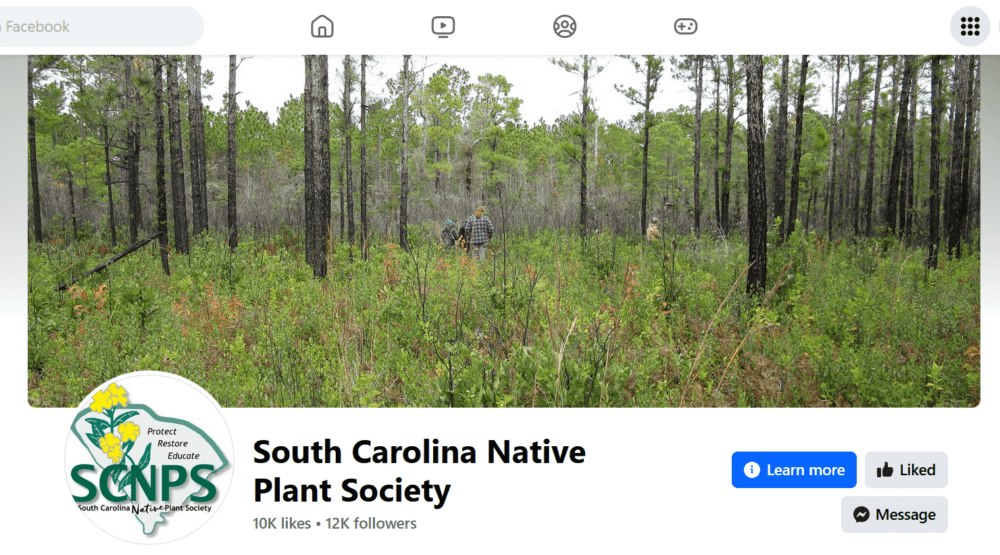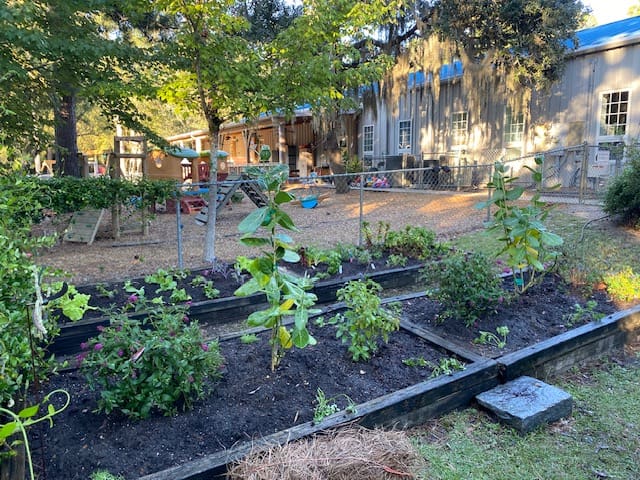About the Lowcountry Chapter
South Carolina Native Plant Society Lowcountry Chapter
Based in Charleston, the Lowcountry Chapter meets monthly September through May (except December) on the third Tuesday at 6:30 pm. Meetings for 2025 are returning to Duckett Hall Auditorium, 2 Jones Avenue, on The Citadel campus. Free parking is available after 5:00 pm in the parking lot south of Richardson Street, accessible from Mims Ave. Please join us for refreshments after the lecture.
Monthly Meetings
Our monthly Lecture Series is free and open to the public. We meet on the 3rd Tuesdays at 6:30 pm (except summer) at The Citadel. Meetings for 2025 are returning to Duckett Hall Auditorium, 2 Jones Avenue, on The Citadel campus. Free parking is available after 5:00 pm in the parking lot south of Richardson Street, accessible from Mims Ave. Please join us for refreshments after the lecture. Check our calendar for upcoming lectures and field trips (usually the Saturday following the lecture).
Field Trips
Meet like-minded people to learn about and enjoy the outdoors. Our field trips are usually free, open to the public, may be full or half-days, for the experienced and novice, easy to moderately strenuous. Check our calendar for upcoming field trips.
Native Plant Sales
Each spring and fall, we hold a Native Plant Market with many vendors who can help you select the right native plants for your yard. The sale is free to attend and volunteers are on hand to help carry the plants to your car.
Meet our Leadership Team!
Volunteer Board of Directors
President – Amber Von Harten – lowcountry.president@scnps.org
Vice President – Caroline Wright – lowcountry.vicepresident@scnps.org
Treasurer – Sharleen Johnson – lowcountry.treasurer@scnps.org
Lectures and Field Trips – Rebecca Fanning – lowcountry.fieldtrips@scnps.org
Membership – Erin Hunsicker – lowcountry.membership@scnps.org
Education and Outreach – Paula Carr – lowcountry.outreach@scnps.org
Grants Coordinator – Matt Johnson – lowcountry.grants@scnps.org
Plant Sale Coordinator – Eddie Bernard
Hospitality – Amanda Lyons-Archambault – lowcountry.hospitality@scnps.org
Publicity – Laura Moses – lowcountry.publicity@scnps.org
Board Members at Large – Beverly Barfield, Katie Ellis, Samantha Porzelt (State Secretary)
Subscribe to Email and Follow Us on Social Media
Sign up for our email list to get news of upcoming events and volunteer opportunities. Follow us on Facebook, Instagram and YouTube – Click the buttons at the bottom of the page.
Pawleys Island Montessori native plant garden
Apply for a Native Plant Grant!
The Lowcountry Chapter’s Native Plant Grant program supports local projects that align with our mission to promote native plants through planting, outreach, education, and the removal of exotic species. The Chapter awards grants of up to $1,000 each spring and fall. If your organization, community group, or school is interested in working with native plants in any capacity, we invite you to consider applying for a grant.
Spring Timeline:
Grant period opens January 1st
Grant applications due by February 10th
Grant awardees notified by March 10th
Fall Timeline:
Grant period opens August 1st
Grant applications due by September 10th
Grant awardees notified by October 10th
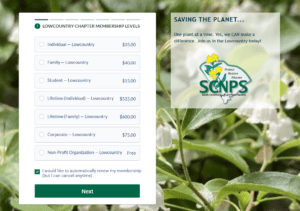
Members get the opportunity to be the first to sign up for field trips, and early access to plant sales. As a member, you will be an integral part of an organization that plays a critical role in protecting and preserving our state’s natural habitats. SCNPS is an advocate with a strong record across the state for the preservation and restoration of sustainable landscapes that support the life of not just essential flora and fauna, but of all of us. We are in the field, in courtrooms, and everywhere in between, and the stronger our membership, the louder our voice.
Join Us
